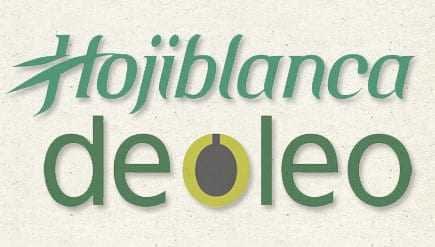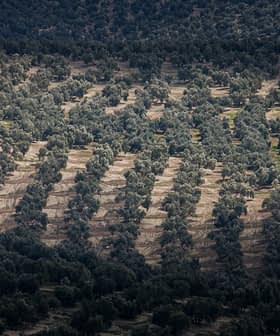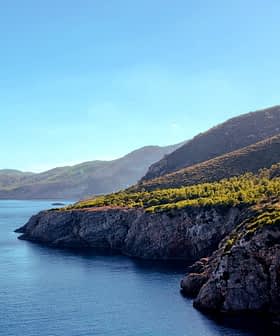
Spain’s competition commission sees potential problems with a proposed deal giving Spanish food giant Deoleo control of the Hojiblanca extra virgin olive oil brand and the huge Hojiblanca cooperative group a 9.63 percent stake in Deoleo.
In a January 9 press release the National Competition Commission (CNC) said it had decided an in-depth analysis of the concentration was needed “in light of possible barriers to effective competition in various markets connected with the olive oil sector, specifically with the extra-virgin olive oil sector.”
In what could produce interesting insights into the Spanish olive oil sector, the CNC is calling for submissions from those potentially affected by the merger as it prepares to probe the state of competition in the national market.
In a document in Spanish referred to as a short note, the CNC said that after its initial analysis it had concluded that the deal was “likely to have effects on competition in various markets related to virgin olive oil and extra virgin throughout the Spanish market.”
It would strengthen the leadership of Deoleo — which sells olive oil in Spain mainly under the Carbonell and Koipe brands and in international markets as Bertolli, Carapelli and Sasso — in the market for branded virgin and extra virgin olive oil by giving it an overall market share vastly superior to its nearest competitor.
The acquisition of the Hojiblanca brand would also eliminate one of Deoleo’s (formerly SOS) sources of competition.
And despite the market clout of Spain’s supermarket chains, Deoleo could gain an influence over these because its range of products could be considered “must haves” on supermarket shelves, the CNC said.
There is also the risk that, given the tendency of the big supermarkets to limit stocks of branded products, the deal could see the disappearance of smaller competitors.
The CNC said other possible effects of increased links between Deoleo and Hojiblanca — the world’s biggest bulk extra virgin olive oil producer and the umbrella for 95 olive oil cooperatives — could include closing or complicating access by other operators to the bulk sector.
Also, the presence of Hojiblanca on the Deoleo board could lead to the exchange of sensitive information between the two rivals that facilitates the coordination of their activities and thus reduces reciprocal competitive pressure.
There is also a risk of weaker competition between branded and white label products, also known as store brands, which account for the vast majority of olive oil retail sales in Spain.
Lastly, the deal could foster coordinated action for the possible alignment of Deoleo with the big supermarket chains.
For these reasons the CNC said it had decided to move to the second phase of its merger control process, during which will seek submissions over the next ten days including on product and geographical demarcation in the market, the level of current and potential competition from other operators within or beyond Spain, the potential impact of the proposed merger on this competition, and the existence of any barriers to market access.
When they announced their agreement on October 18, Deoleo said the asset transfer would enhance the range and quality of its leading brands, while Hojiblanca said it would strengthen the global dominance of Spanish olive oil.








